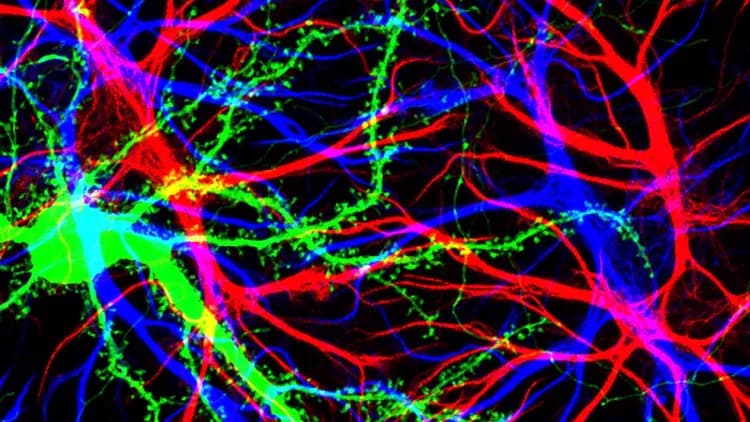
Blame Tired Brain Cells For Mental Lapses After Poor Sleep
Ever sleep poorly and then walk out of the house without your keys? Or space out on the highway and nearly hit a stalled car?
A new study is the first to reveal how sleep deprivation disrupts our brain cells' ability to communicate with each other, leading to temporary mental lapses that affect memory and visual perception.
"We discovered that starving the body of sleep also robs neurons of the ability to function properly," said senior author Dr. Itzhak Fried, professor of neurosurgery at the David Geffen School of Medicine at UCLA and Tel Aviv University. "This paves the way for cognitive lapses in how we perceive and react to the world around us."
Fried led an international team in studying 12 UCLA epileptic patients who had electrodes implanted in their brains in order to pinpoint the origin of their seizures prior to surgery. Because lack of sleep can provoke seizures, these patients stay awake all night to speed the onset of an epileptic episode and shorten their hospital stay.
The team asked the patients to categorize a variety of images as fast as possible while their electrodes recorded the firing of nearly 1,500 single brain cells across the group in real time. The scientists zeroed in on the temporal lobe, which regulates visual perception and memory.
Performing the task grew more challenging as the patients grew sleepier. As the patients slowed down, their brain cells did, too.
"We were fascinated to observe how sleep deprivation dampened brain cell activity," said lead author Dr. Yuval Nir of Tel-Aviv University. "Unlike the usual rapid reaction, the neurons responded slowly, fired more weakly and their transmissions dragged on longer than usual."
Lack of sleep interfered with the neurons' ability to encode information and translate visual input into conscious thought.
The same phenomenon can occur when a sleep-deprived driver notices a pedestrian stepping in front of his car.
"The very act of seeing the pedestrian slows down in the driver's over-tired brain," he explained. "It takes longer for his brain to register what he's perceiving."
In a second finding, the researchers discovered that slower brain waves accompanied sluggish cellular activity in the same regions of the patients' brains.
"Slow sleep-like waves disrupted the patients' brain activity and performance of tasks," said Fried. "This phenomenon suggests that select regions of the patients' brains were dozing, causing mental lapses, while the rest of the brain was awake and running as usual," said Fried.
The study's findings provoke questions for how society views sleep deprivation.
"Inadequate sleep exerts a similar influence on our brain as drinking too much," said Fried. "Yet no legal or medical standards exist for identifying over-tired drivers on the road the same way we target drunk drivers."
Fried and his colleagues plan to dive more deeply into the benefits of sleep. Future studies aim to unravel the mechanism responsible for the cellular glitches that precede mental lapses.
Previous studies have tied sleep deprivation to a heightened risk of depression, obesity, diabetes, heart attacks and stroke, as well as medical errors.
Related Articles
Test Your Knowledge
Asked by users
Related Centers
Related Specialties
Related Physicians
Related Procedures
Related Resources
Join DoveHubs
and connect with fellow professionals

0 Comments
Please log in to post a comment.